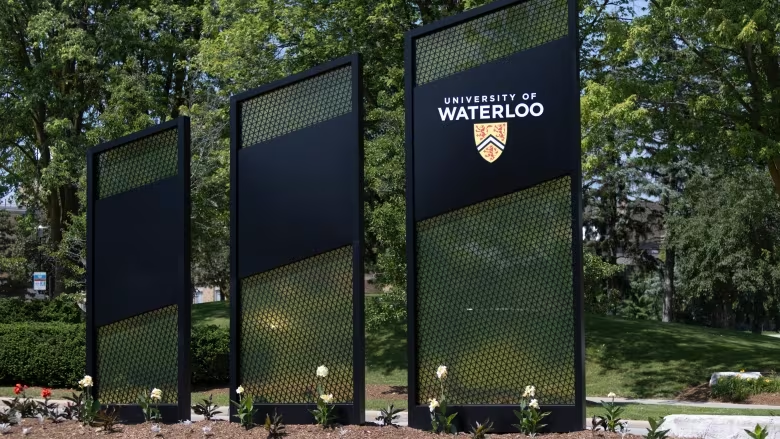
A representative from the University of Waterloo mentions that the educational institution is examining the wording of the court's ruling to aid in evaluating future applicants. This statement was provided to Nicole Osborne of the Canadian Press.
In a recent legal decision with potential implications for universities nationwide, a Federal Court judge has rejected a Chinese resident's application to enter Canada, raising concerns about the possibility of espionage. The case revolves around Yuekang Li, an engineering student seeking admission to the University of Waterloo to contribute to China's public health system upon completion of his studies. Chief Justice Paul Crampton of the Federal Court argued that Li's aspirations could align with "non-traditional" espionage, given the evolving landscape of how hostile state actors acquire sensitive information.
The decision, disclosed this week, sheds light on the growing scrutiny faced by Chinese students applying to Canadian universities. Margaret McCuaig-Johnston, a board member of the China Strategic Risks Institute, anticipates more similar rulings, emphasizing the need for Canadian visa officers to be vigilant about potential security risks among applicants.
Li's visa application, submitted in 2022 after being accepted into the University of Waterloo's mechanical and mechatronics engineering program, was rejected because his field of study could contribute to China's strategic interests in high-tech industries, including biopharmaceuticals. The visa officer expressed concerns about China's use of students as "non-traditional collectors of information" for advancing its research in various technologies.
Li contested the ruling, asserting that the officer's definition of espionage was overly broad and speculative. However, Justice Crampton sided with the visa officer, citing reasonable grounds to believe that Li might have been recruited or coerced by the Chinese government as a spy. The judge highlighted Li's previous studies at a Beijing university linked to China's defence industry and China's history of targeting scientists and students.
Experts, including Dick Fadden, former national security adviser, view the decision as a tool to address the broader issue of foreign interference in Canadian academia. Fadden suggests considering restrictions on certain areas of study, such as nuclear technologies and high-level optics, to safeguard critical intellectual property from strategic adversaries.
The decision comes amid escalating concerns about China's interest in Canadian universities and research programs, with the Canadian Security Intelligence Service (CSIS) publicly warning about China's efforts to steal intellectual property and meddle in Canadian affairs. The federal government has initiated national security reviews for academics seeking federal funding and pledged to tighten controls on university collaborations with Chinese scientists associated with the military.
The University of Waterloo is currently reviewing the court decision, recognizing it as guidance for evaluating future applicants in light of the government's interpretation of risk. Meanwhile, CSIS seeks amendments to its enabling law to enhance its ability to share classified intelligence with institutions beyond the federal government.
Despite the ongoing debate, Li's lawyer and the Chinese embassy have not responded to requests for comment. In the past, the Chinese embassy has emphasized the importance of international scientific cooperation, though critics argue that China does not reciprocate this principle in practice. As Canada grapples with securing its intellectual property, experts urge a comprehensive approach involving federal and provincial governments, civil society, and the private sector to address national security threats within academia.















